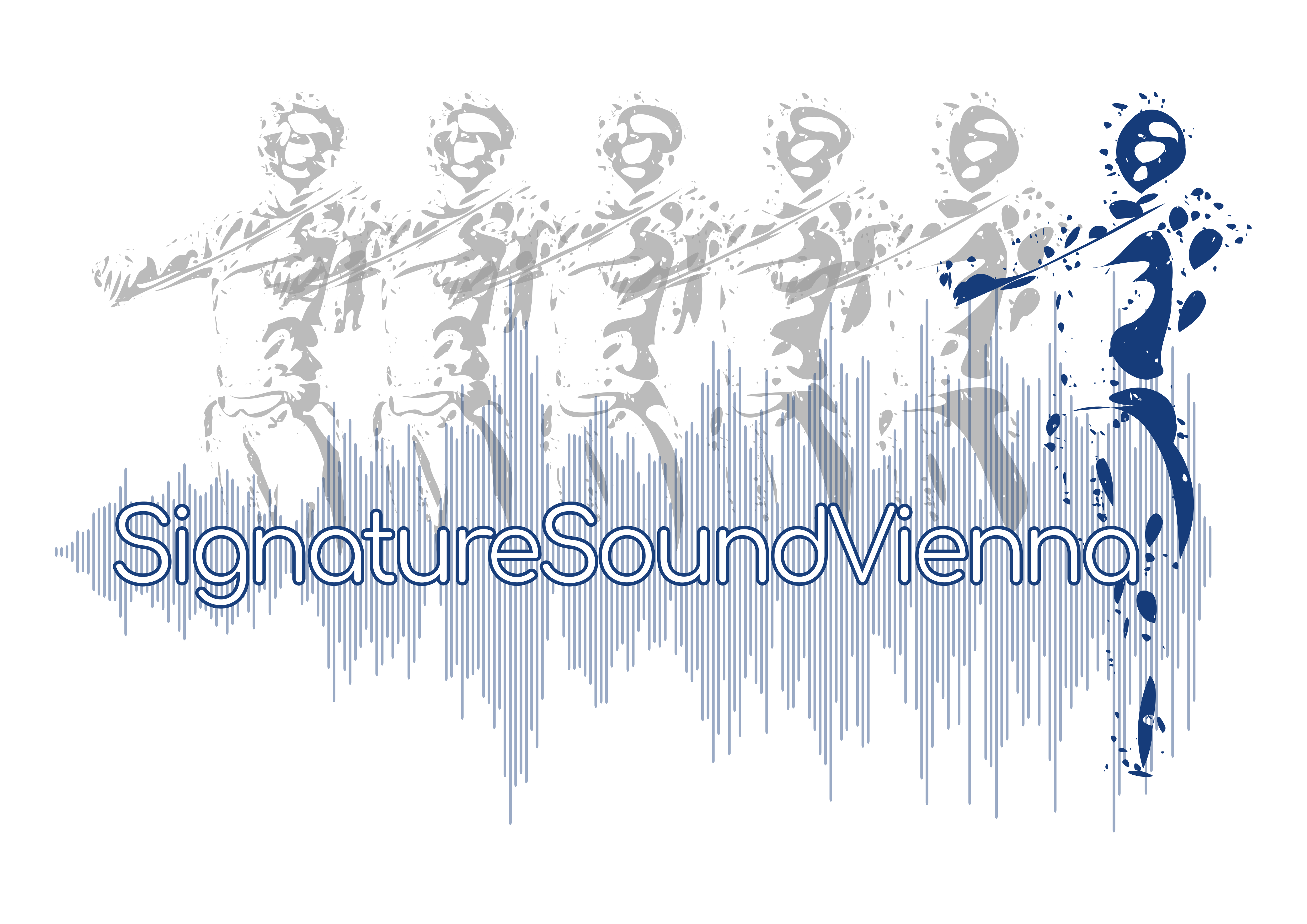About
The mei-friend Web application and its documentation have been designed and implemented by:
Werner Goebl (@wergo) & David M. Weigl (@musicog),
Department of Music Acoustics – Wiener Klangstil (IWK),
mdw – University of Music and Performing Arts Vienna
Funding
Development of mei-friend has been funded by several research projects over the years:
H2020 TROMPA – Towards Richer Online Music Public-domain Archives 2018–2021
FWF Signature Sound Vienna 2021–2024
Weave / FWF E-LAUTE – Electronic Linked, Annotated, and Unified Tablature Edition 2023–2026
Acknowledgments
We thank Matthäus Pescoller (@mapscl) for contributing to the documentation, and for his extensive testing of mei-friend in the creation of orchestral score encodings in the purvue of Signature Sound Vienna.
We also thank Sophie Stremel (@sstremel) for her contributions in updating and enriching the documentation.
We thank the MEI community for input to the development of mei-friend. In particular, we would like to acknowledge Laurent Pugin (@lpugin), who contributed the code for schema validation, and Thomas Weber (@th-we), who helped to improve the speed mode module, and Anna Plaksin (@annplaksin) for implementing extensive functionalities for editorial mark-up, alongside other contributions to mei-friend’s development via an NFDI4Culture 2023 research tooling development grant: Musicological mark-up with mei-friend.
License
The mei-friend Web application is published under GNU AGPL 3.0.
The mei-friend documentation is provided under CC BY 4.0.
Components
The mei-friend Web application uses CodeMirror 5 as its text editor, and Verovio as its music engraving engine. GitHub integration is provided using using isomorphic-git and the GitHub REST API. XML-DOM manipulations are performed using tXml by Tobias Nickel. The MEI validation and RNG loading code is adapted from the implementation in the Verovio editor, kindly contributed by Laurent Pugin. It makes use of libxml2. Lute tablature formats are converted to MEI using luteconv by Paul Overell, via the luteconv-webui wrapper service developed in collaboration with Stefan Szepe and hosted at mdw. PDF functionalities are provided by PDFKit by Devon Govett, using SVG-to-PDFKit. MIDI playback is implemented using html-midi-player. This is itself powered by Magenta.js, which also provides the SGM_Plus sound font used to sonify your encoding. Icons are taken from GitHub’s Octicons repository.
The mei-friend documentation website adapts the Docsy Jekyll template, which is based on the beautiful Docsy template for Hugo. The mei-friend documentation website is hosted by GitHub Pages.
Publications
Goebl, W., & Weigl, D. M. (2024). mei-friend: An Interactive Web-based Editor for Digital Music Encodings. Journal of Open Source Software, 9(97), 6002. doi:10.21105/joss.06002
Plaksin, A. (2023). Understanding the needs of music editors in a digital world. Adding support for editorial markup to the mei-friend editor. In Proc. International Conference on Digital Libraries for Musicology, Milan, Italy. doi: 10.1145/3625135.3625149
Goebl, W., & Weigl, D. M. (2023). mei-friend v1.0: Music Encoding in the Browser. Encoding Cultures. Joint MEC and TEI Conference 2023<7em>, Paderborn, Germany. https://teimec2023.uni-paderborn.de/contributions/159.html
Goebl, W. & Weigl, D. M. (2023). The mei-friend Web Application: Editing MEI in the Browser. Music Encoding Conference 2022 [Late-breaking Reports]. doi:10.17613/dnj6-yy29
Goebl, W. & Weigl, D. M. (2022). Alleviating the Last Mile of Encoding: The mei-friend Package for the Atom Text Editor. In S. Münnich & D. Rizo (Eds.), Music Encoding Conference Proceedings 2021 (pp. 31–39). University of Alicante. doi:10.17613/fc1c-mx52 (Best Paper Award MEC’21)
Support
If you need help, please don’t hesitate to open an issue.







